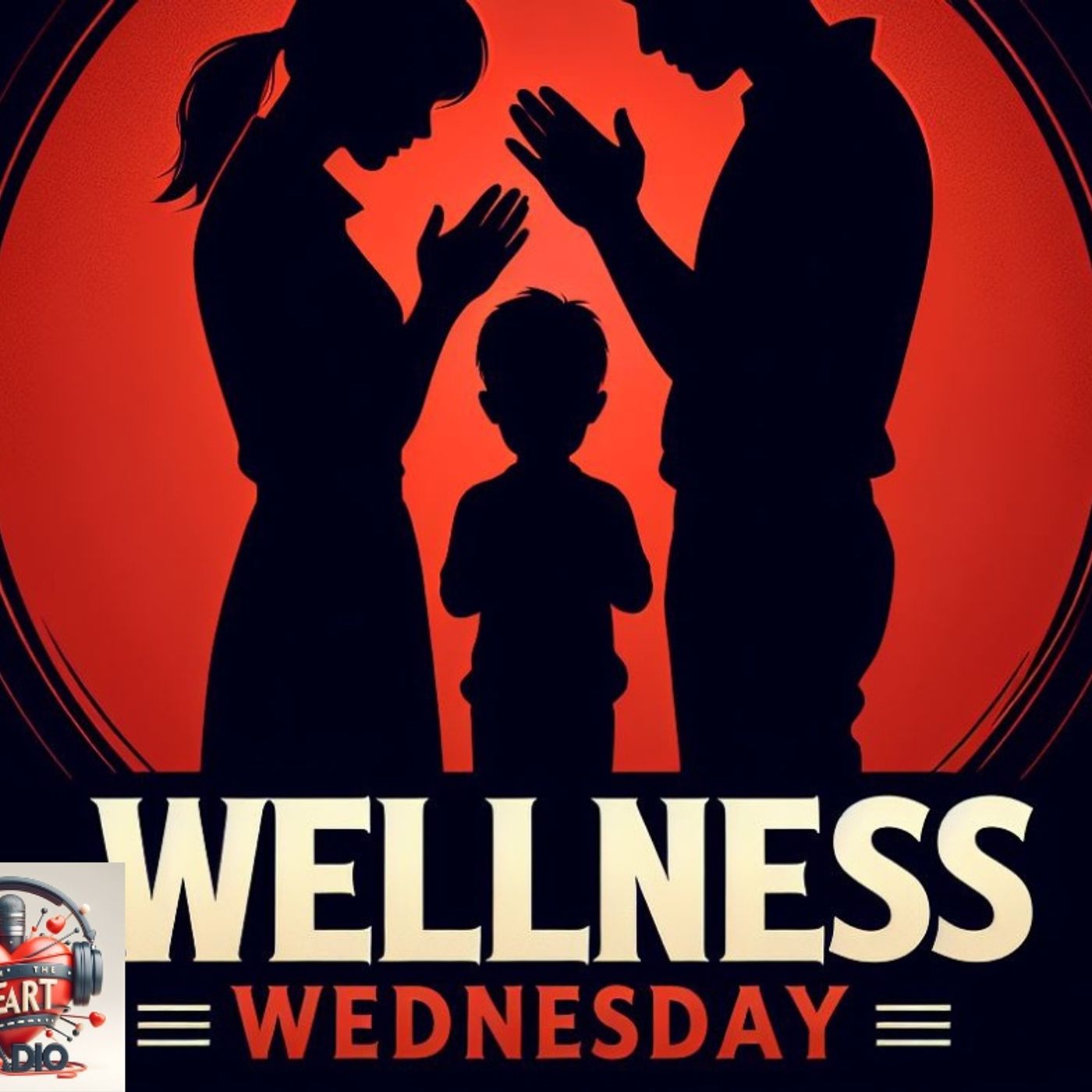Wellness Wednesday 7-16-25: Loneliness That Leads To Depression Part 2
- Author
- VERNON PETERS
- Published
- Wed 16 Jul 2025
- Episode Link
- https://www.spreaker.com/episode/wellness-wednesday-7-16-25-loneliness-that-leads-to-depression-part-2--66994582
PLEASE SUPPORT THESE PODCASTS:
Donate
------------------------------------------------------
Helping someone who is isolating themselves requires a delicate balance of patience, persistence, and compassion. It's a complex issue that can stem from many sources, including mental health challenges, grief, burnout, or social anxiety.Here is a comprehensive list of tips and strategies to help a loved one who is withdrawing.1. Start with Understanding & PatienceBefore you act, try to understand that their withdrawal is likely a symptom of a deeper issue, not a personal rejection of you.
Donate
------------------------------------------------------
Helping someone who is isolating themselves requires a delicate balance of patience, persistence, and compassion. It's a complex issue that can stem from many sources, including mental health challenges, grief, burnout, or social anxiety.Here is a comprehensive list of tips and strategies to help a loved one who is withdrawing.1. Start with Understanding & PatienceBefore you act, try to understand that their withdrawal is likely a symptom of a deeper issue, not a personal rejection of you.
- Don't Assume the Reason: They could be dealing with depression, anxiety, grief, overwhelming stress, shame (from a job loss or breakup), or a physical illness. Jumping to conclusions can lead to unhelpful advice.
- Be Patient: Reconnecting can be a slow process. Pushing too hard can make them retreat further. Consistent, gentle effort is more effective than a single grand gesture.
- Don't Take it Personally: Their isolation is about their own internal struggle. Remind yourself that their behavior is not a reflection of your worth or the value of your relationship.
- Low-Pressure Check-ins: A simple text message can be very powerful. It shows you care without demanding a long conversation.
- "Thinking of you today."
- "Saw this funny meme and thought of you."
- "Just wanted to say hi, no need to reply."
- Share Snippets of Your Life: Instead of always asking "How are you?", share a little about your day. Send a picture of your pet, your walk, or a meal you cooked. This keeps them connected to the outside world and makes the interaction feel more like a friendship and less like an interrogation.
- Use Different Mediums: A text might feel demanding. Try sending a physical card, an email with an interesting article, or a link to a song you think they might like.
- Offer Specific, Tangible Help: Vague offers like "Let me know if you need anything" are often too difficult for a struggling person to act on. Instead, be specific:
- "I'm going to the grocery store on Saturday, can I pick anything up for you?"
- "I've made a big batch of soup, can I drop some off on your porch?"
- "I need to run some errands. Want to ride along? We don't even have to talk."
- Bring the Activity to Them: The effort of leaving the house can be a huge barrier. Suggest coming over to their space for a low-key activity.
- "Mind if I come over and we can just watch a movie or binge a show?"
- "How about I bring over coffee and we can just sit for a bit?"
- Invite Them to Low-Stakes Activities: A large, loud party is likely too much. An invitation to a quiet, simple activity is more approachable.
- "I'm going for a short walk around the park at 3 PM, would you like to join?"
- "I'm heading to the library/bookstore, want to come browse with me?"
- Express Your Concern Gently: "I've noticed you've been a bit quiet lately, and I just wanted to check in and say I'm thinking of you."
- Use "I" Statements: Frame it from your perspective to sound less accusatory. "I miss seeing you" is better than "Why are you ignoring...
